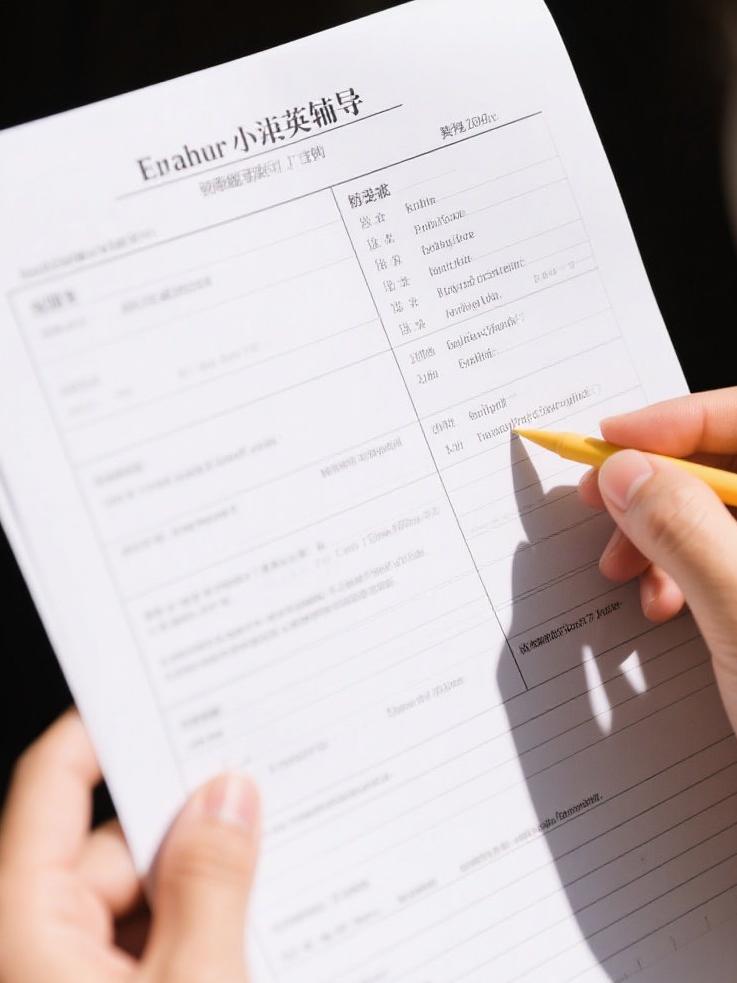In the journey of primary school mathematics learning in Singapore, “the hurdles of math word problems” stand like towering mountains, posing significant obstacles to many children. As a crucial type of question that closely integrates mathematical knowledge with real-life scenarios, word problems demand not only a solid grasp of math but also high levels of reading comprehension, logical analysis, and problem-solving skills. However, when faced with word problems, many children often struggle to understand the questions, fail to identify key information, and are at a loss for how to find solutions. This leads to significant score losses in exams and stagnant academic performance.
Upon a thorough analysis of the reasons behind children’s difficulties with word problems, it becomes clear that, on one hand, the textual descriptions of word problems are relatively complex, involving numerous real-life scenarios and information. For primary school students whose reading comprehension abilities are still developing, accurately understanding the meaning of these problems presents a considerable challenge. On the other hand, word problems come in diverse types, and their solution methods are flexible and varied. Students need strong logical thinking and the ability to transfer knowledge, enabling them to extract mathematical models from complex problems and apply appropriate solution methods. Due to a lack of systematic training and guidance, some children find it difficult to master these problem-solving techniques, causing them to shy away from word problems.
Sino-bus deeply understands the struggles of parents and children in learning word problems. With its professional educational team and extensive teaching experience, it has painstakingly developed the “Word Problem Specialized Tutoring Course”, aiming to help children conquer “the hurdles of math word problems” and unlock new problem-solving mindsets.
This course adopts a unique “Three-Step Problem-Solving Method”, providing children with a clear and systematic approach to solving problems. The first step involves transforming originally abstract and complex word problems into familiar scenarios through vivid and interesting animated real-life scenes. For example, using the backdrop of a Singapore school sports meet, word problems related to athlete number statistics, competition event arrangements, and prize distribution are designed. Or, using community activities as materials, problems such as calculating the quantity of supplies to be purchased and planning the area of event venues are created. Through these animated scenes close to children’s lives, the difficulty of understanding word problems is greatly reduced, allowing children to quickly get into the problem-solving mindset.
The second step guides children to use practical tools such as line graphs, tables, and schematic diagrams to sort out the quantitative relationships in the problems, transforming abstract textual information into intuitive graphics or tables. For instance, when solving travel problems, line graphs are used to clearly represent the movement trajectories of different objects and the relationships among time, speed, and distance. When dealing with data statistics word problems, tables are utilized to classify and organize the data, making the quantitative relationships clear at a glance. In this way, children can analyze problems more clearly and find breakthroughs in solving them.
The third step focuses on summarizing and inducing the problem-solving strategies and methods for different types of word problems. Whether it’s common travel problems, engineering problems, fraction word problems, or more complex concentration problems and proportion problems, teachers will deeply analyze the characteristics and problem-solving rules of each type of problem. Through a large number of example explanations and exercises, children are enabled to master the ability to draw inferences about other cases from one instance. For example, when teaching travel problems, problem-solving formulas and ideas for different types such as “encounter problems”, “pursuit problems”, and “problems of ships sailing in flowing water” are summarized, allowing children to flexibly apply them according to specific questions.
The teaching team at Sino-bus also conducts in-depth analyses of each child’s wrong answers in homework and exams, thoroughly understanding the problems that arise during their problem-solving process, identifying knowledge gaps and misunderstandings in thinking, and formulating personalized tutoring plans. At the same time, a large number of word problem cases with local Singapore characteristics are set in the course. While solving these problems, children can not only master mathematical knowledge but also become more familiar with local life scenes and culture, enhancing their sense of identity and interest in math learning.
Under the professional guidance and attentive companionship of Sino-bus, many children have successfully overcome “the hurdles of math word problems”. Their problem-solving abilities and mathematical thinking have been significantly enhanced. In various exams, the score rates for word problems have increased substantially, and they can calmly handle complex word problems, demonstrating outstanding mathematical literacy.
Contact Us WhatsApp:+8618165329059

